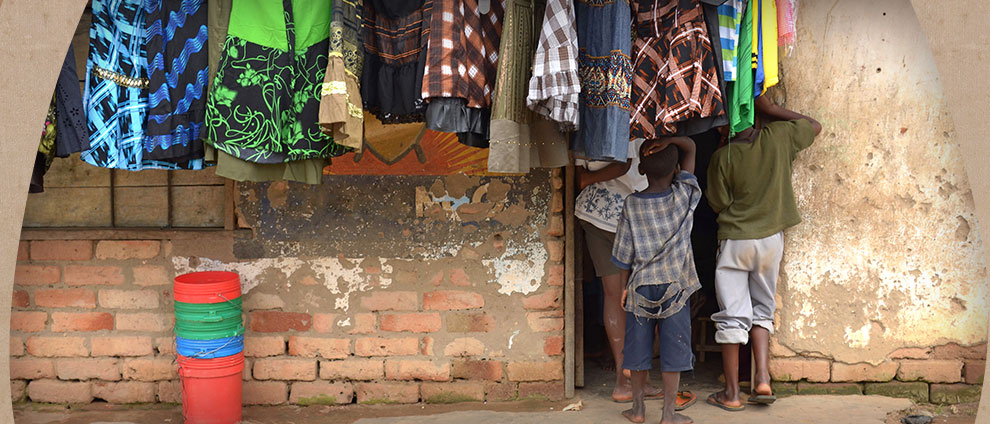
Something we are passionate about at MH is doing development well. Too often 'development' programs end up being at best non-effective and at worst detrimental to communities. We not only want to avoid those outcomes and see genuine lasting change, but also contribute to improving approaches to development across the sector. Because of this, we regularly review, critique and adjust our practices and approach (see our values and operational principles).
Recently I had two conversations at the opposite ends of the spectrum of the place of faith in development work. The first was with a respected colleague who queried the relevance of MH's faith underpinning, and whether it was in fact a hindrance to attracting corporate and other donors. Exactly a week later, a visiting Ugandan detailed his organisation's unapologetic linking of healthcare and evangelism in their medical work: in order to gain access to medical care, patients are required to "humble themselves" and spend time with an evangelist. If they don't like this, they "can go elsewhere." Setting aside the deeply questionable ethics of this latter approach (email me liesl.shipard@maranathahealth.org if you'd like to have a conversation about it!) what I took from these conversations was the opporunity to reflect on why MH does things the way it does, and to consider if this is the best way to continue.
Why does MH have a faith-basis? What does faith in a divine entity have to do with international development? Does this faith help or hinder our work, or does it make no difference?
Between these conversations I also attended the launch of a book entitled "Faith-Based Development: How Christian Organisations Can Make A Difference" by Bob Mitchell. The book asserts that there is a unique place for faith in the work of international development, and that having a faith-basis can improve an organisation's ability to affect meaningful change. It suggests that faith-based organisations are better placed than others to deeply engage with poor communities, the majority of which hold strongly to religious beliefs. It also suggests that faith-based groups generally have a more holistic, nuanced and relational approach to community development, leading to greater and more sustained transformation. (There are of course significant caveats about the modes of development engagement employed, and evangelistic practices are in no way sanctioned by this book or by us.)

I have been encouraged by these words. Maranatha Health was established to be a faithful response to the radical (and often sidelined) Biblical call to live as servants of the world, to care for the poor, to love others with all of our selves and our resources, and to participate in bringing peace to a hurting world. At MH work in the way we do because we believe human beings are inherently valuable, possessing and being worthy of dignity, respect and agency (the right and power to make decisions about their own lives). We believe all people and communities should be in charge of their own development. We don't believe we have all the answers, but want to offer the knowledge and skills we do have to those communities seeking change.
And we believe we are making a valuable impact, not least in the powerful ethic of care, excellence and compassion that characterises our clinic and staff, and stands in stark contrast to the culture of many other Ugandan health facilities. Our work has the potential to have a powerful ripple effect, and it's this that we're working towards now. We long not only to see families and communities living healthy lives, but to see all health workers and services characterised by the kindness and excellence Ugandans deserve. And all of this is inspired, motivated, encouraged and sustained by trust that there is a bigger picture that makes these often heartbreaking and exhausting efforts worthwhile.

I can see that the decisions Maranatha Health has made at every step along the way, in both Australia and Uganda, have been directed by this passion to see the whole of humanity living life to the fullest - connected, healthy, equal, creative, collaborative, interdependent. This is not something we want to change; it's part of our DNA and we are proud of the work it has led us to do. There is still a very long way to go in achieving peace on earth and life to the full. And so we will continue to step forward in faith, trusting that we can make a difference and it is indeed worth the effort.
Finally, we are always open to critique, comment, reflection and discussion. If you'd like to chat about any aspect of our work or motivation, please email me: liesl.shipard@maranathahealth.org
- Liesl Shipard, MHA Project Coordinator